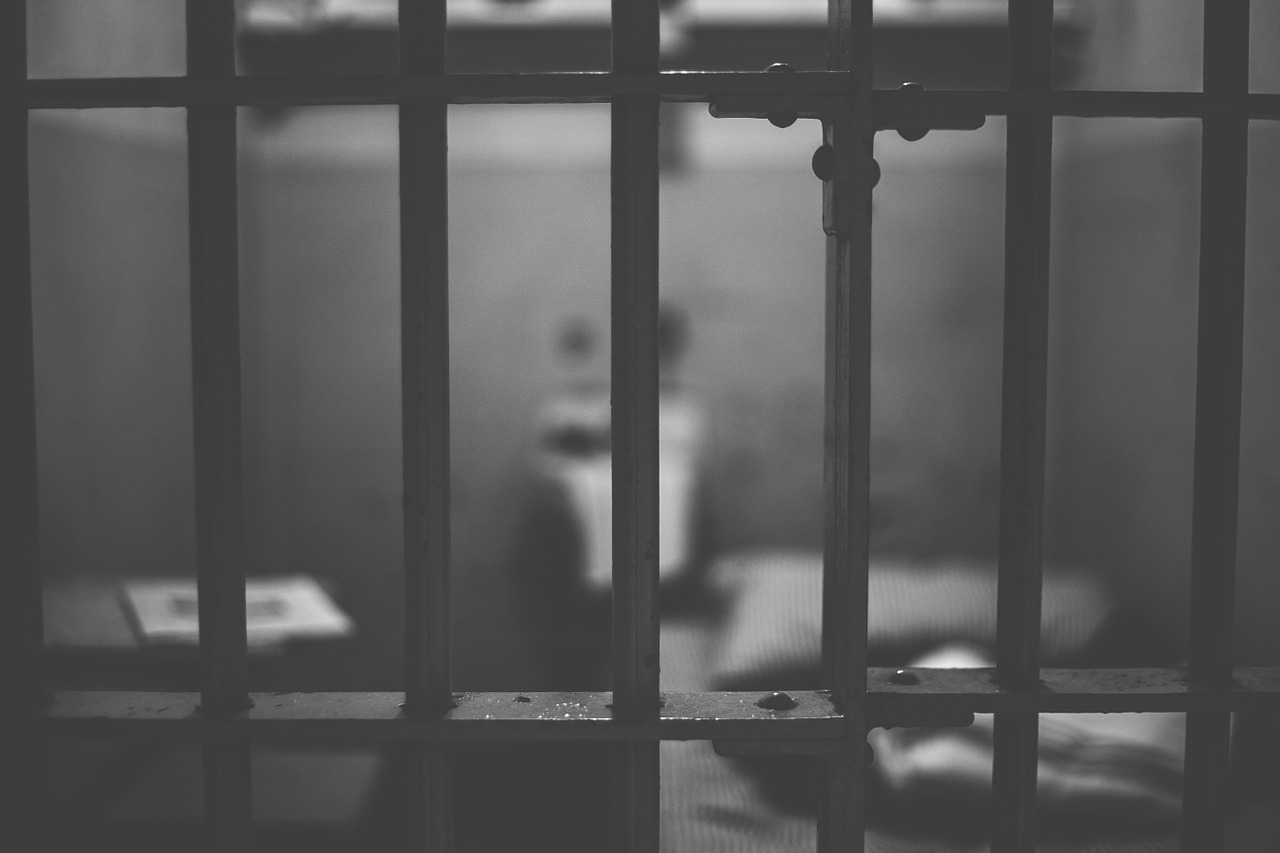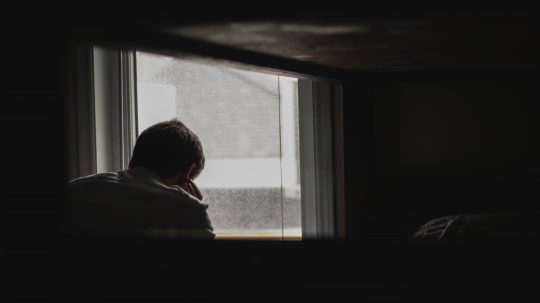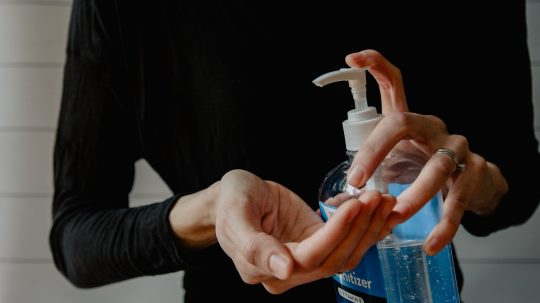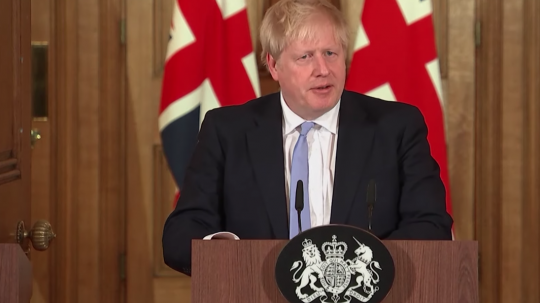The UK government has urged the country to maintain “social distancing” as the coronavirus death toll rises. How does this work for the more than 83,000 people in Britain’s often overcrowded prisons?
On Wednesday (18 March), a prisoner at HMP Manchester became what is believed to be the second person in a UK jail to test positive for the coronavirus. Two days earlier a prison guard at HMP High Down, in Surrey, tested positive for the illness and four prisoners have since been placed in isolation, as precaution.
People in prisons are especially vulnerable to the spread of Covid-19. With several prisons in England and Wales operating at more than 150 percent of their capacity, overcrowding makes “social distancing” inherently difficult.
While poor hygiene standards could make the spread of the highly infectious virus even more rapid.
In a letter to Justice Secretary Robert Buckland, the Howard League for Penal Reform’s Frances Crooke wrote: “Many prisons are filthy and disgustingly unhygienic. Staff, visitors and inmates are not able to wash and soap is frequently impossible to obtain. Lavatories and sinks are ingrained with years of human waste.”
The right to health
The right to health is recognised and protected as a fundamental human right by numerous international treaties. We all have a right to health, even prisoners.
Though limits are placed on prisoners’ other rights – such as liberty, privacy and property – the right to health does not disappear just because someone has been jailed. This includes the right to prevention, treatment and control of diseases, and equal and timely access to basic health services.
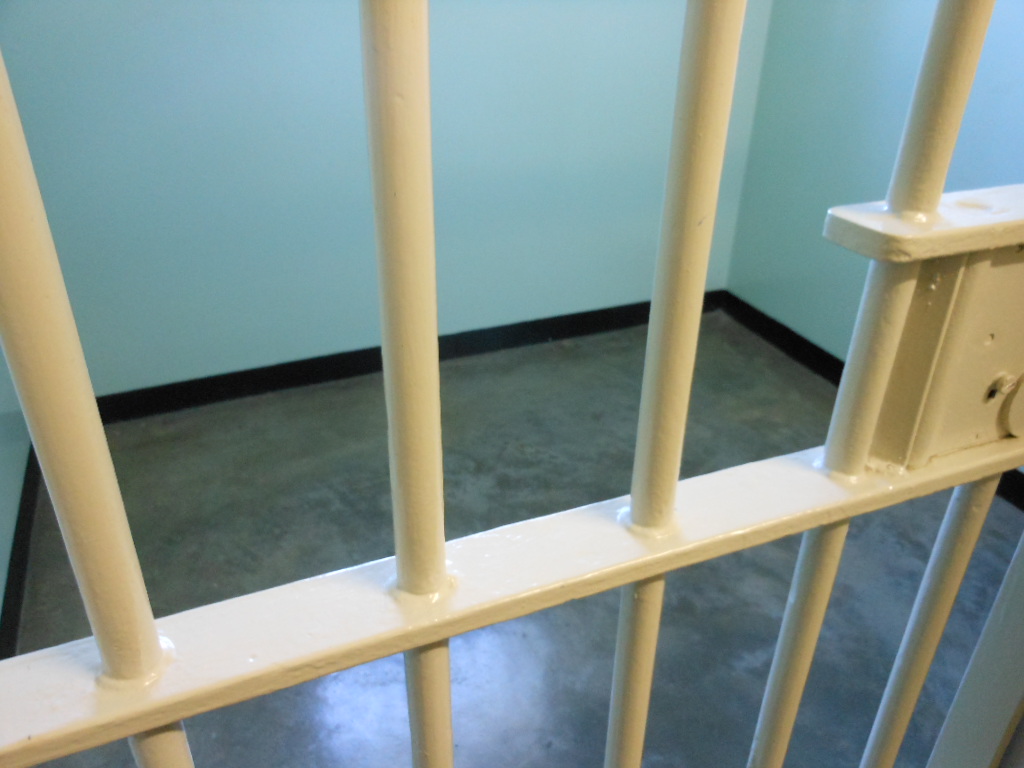
Credit: Wikimedia Commons
Under the UN Nelson Mandela Rules, those in prison are entitled to the same standard of care as is provided to those outside of prison. This is especially important since populations in prison often have poorer health compared to the general population. A 2018 Health and Social Care Committee report noted that the mortality rate of people in prison is 50 percent higher than the general population.
Prisoners’ poor health “is often the result of, or is exacerbated by, early childhood experiences (abuse neglect and trauma), social circumstances (problems with housing and employment) and higher rates of smoking, alcohol and substance misuse.”
What can be done?
Avoiding a potential coronavirus prison crisis is a critical and difficult issue. In Italy, prisoners rioted in response to a government ban on outside visits – resulting in several deaths. More than 500 cases were confirmed in prisons in China, which resulted in several officials in the justice system being dismissed.
A report by criminal justice charity Prison Reform International has advised that lowering the number of people in detention facilities is a crucial way of protecting prisoners and reducing the spread of the virus.
It recommends that those convicted for minor and non-violent offences should be immediately considered for release, as well as individuals who are older or have mental and underlying physical health issues, since these are the groups that have been identified as most at risk.
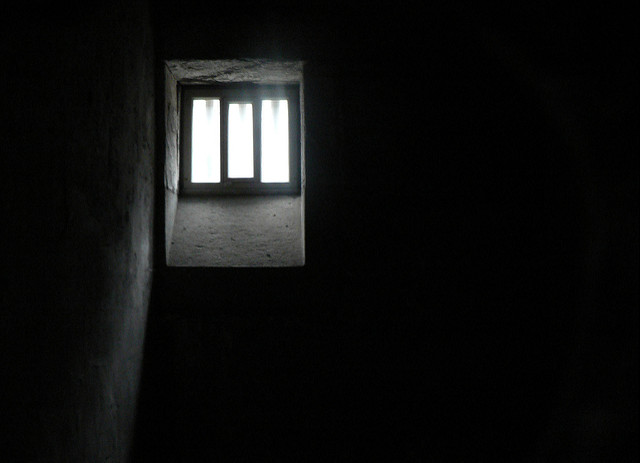
Credit: Unsplash
The briefing stresses that measures which limit visits to prisons must be proportionate, time limited, non-discriminatory and clearly communicated. Contact is important for the wellbeing of people in detention facilities, and so face-to-face contact should be replaced with alternative means of contacting loved ones.
Similarly, any quarantine or isolation – while necessary in minimising the spread of the virus – must be seen as a last resort, used for the shortest time possible and subject to review. When necessary, the government should ensure that those in isolation still have means of contacting the outside world since isolation can negatively impact the mental health and wellbeing of prisoners and detainees.
What is government doing?
Steve Gillian, head of the Prison Officers’ Association, told Sky News on Sunday that: “There are no plans now to release prisoners but it cannot be ruled out.”
He also said that there is a possibility prison ships could be commandeered if infection spreads in UK jails.
The government currently runs a scheme which sees certain prisoners who are sentenced for less than four years released early. This is known as home detention curfew (HMC), and it allows prisoners to resettle into their community while being subject to a strict curfew and made to wear an electronic tag.
On Monday (16 March) ministers put forward changes to the scheme that would extend the maximum period of early release from four and half to six months. The proposed change does not appear to have been made in response to the risk of a Covid-19 outbreak in prisons, but it would help reduce the prison population.
The government has published official guidance on visiting prisons during the outbreak. While visits are not restricted, it advises that those with symptoms stay at home. Alternative ways of contacting prisoners in isolation are outlined, such as the Prison Voicemail Service.
It has also published Covid-19 guidance for prisons and places of detention. The guidance offers general advice on washing hands and isolating those with symptoms. Yet it does not appear to acknowledge the at-risk individuals in prisons and places of detention who need extra preventative measures to protect them from the virus.
Nor does the guidance address the issue of overcrowding, which is putting many in places of detention at risk of irreversible health consequences.
What about immigration detention centres?
Though conditions in prison and detention centres are comparable, immigration detention exists as part of an administrative process, not a criminal justice procedure. People are detained while the Home Office determines their immigration claim or arranges their removal – not because they have committed a crime.
Ten human rights and immigration organisations have written to the Home Secretary Priti Patel calling for the immediate release of detainees to avoid a “preventable spread of the virus and losses of life”.
The letter, backed by Labour’s shadow immigration minister Bell Ribeiro-Addy, argues that detention is only lawful for the purpose of imminent removal, which no longer stands with the current travel bans and restrictions.
Similarly to prisons, detention centres create fertile ground for a rapid spread of the virus. Current detainees have spoken about their fear of the virus spreading among unsanitary conditions, poor access to healthcare, and inadequate communication of key health information.
- Charity Detention Action is petitioning the government to release immigration detainees immediately. Sign it here.

